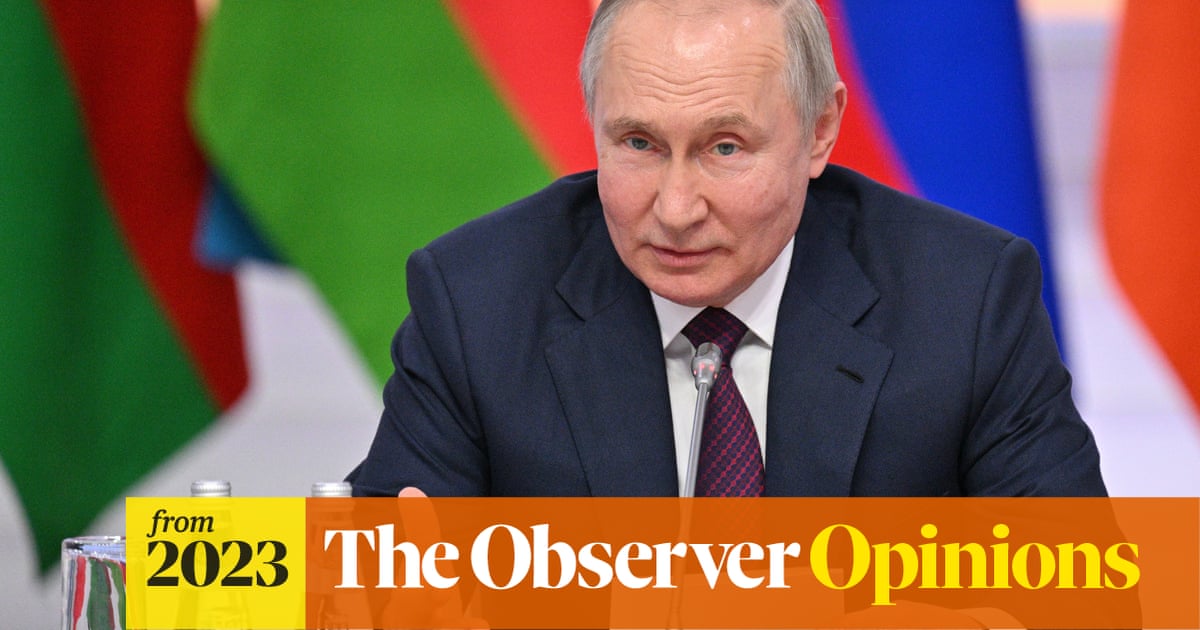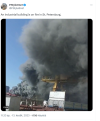Few have captured the Russian cycle of self-destruction and the destruction of others as well as the Ukrainian literary critic Tetyana Ogarkova. In her rewording of Fyodor Dostoevsky’s Russian classic novel
Crime and Punishment, a novel about a murderer who kills simply because he can, Ogarkova calls Russia a culture where you have “
crime without punishment, and punishment without crime”. The powerful murder with impunity; the victims are punished for no reason. When not bringing humanitarian aid to the front lines, Ogarkova presents a
podcast together with her husband, the philosopher Volodymyr Yermolenko. It’s remarkable for showing two people thinking calmly while under daily bombardment. It reminds me of German-Jewish philosophers such as Walter Benjamin, who kept writing lucidly even as they fled the Nazis. As they try to make sense of the evil bearing down on their country, Ogarkova and Yermolenko note the difference between Hitler and Stalin: while Nazis had some rules about who they punished (non-Aryans; communists) in Stalin’s terror anyone could be a victim at any moment. Random violence runs through Russian history.Reacting to how Vladimir Putin’s Russia is constantly changing its reasons for invading Ukraine – from “denazification” to “reclaiming historic lands” to “Nato expansion” – Ogarkova and Yermolenko decide that the very brutal nature of the invasion is its essence: the
war crimes are the point. Russia claims to be a powerful “pole” in the world to balance the west – but has failed to create a successful political model others would want to join. So it has nothing left to offer except to drag everyone down to its own depths.“How dare you live like this,” went a resentful piece of graffiti by Russian soldiers in Bucha. “What’s the point of the world when there is no place for Russia in it,” complains Putin. After the dam at Kakhovka was destroyed, a General Dobruzhinsky crowed on a popular Russian talkshow: “We should blow up the Kyiv water reservoir too.” “Why?” asked the host. “Just to show them.” But, as Ogarkova and Yermolenko explore, Russians also send their soldiers to die senselessly in the meat grinder of the Donbas, their bodies left uncollected on the battlefield, their relatives not informed of their death so as to avoid paying them. On TV, presenters praise how “no one knows how to die like us”. Meanwhile, villagers on the Russian-occupied side of the river are being abandoned by the authorities. Being “liberated” by Russia means joining its empire of humiliation.
/img-s3.ilcdn.fi/1a5f8da01541a476ff44dbb859b01e6ce54f625b78a5e0ddb3531dd11bb110eb.jpg)

